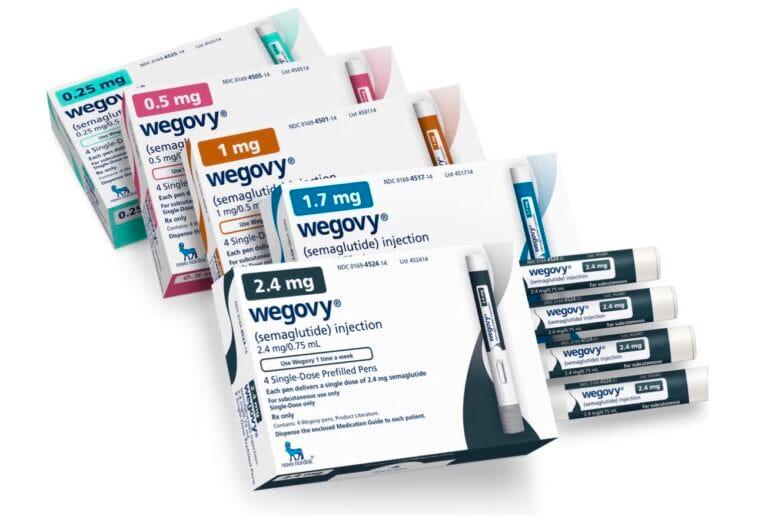Buy Weight Loss Pens Online with Free Next-Day Delivery†
* Includes Free Private Prescription & Consultation.
† Applies to UK only.
START YOUR TREATMENT TODAY
Available Treatments for Weight Loss Injections
SAFE PRESCRIBING
Get Started With the Right Treatment for You
MEDICAL INFORMATION
Weight Loss Injections Key Facts
Obesity is a common problem across the world and research has continued to search for treatments. One breakthrough has been the discovery of semaglutide-based drugs. These injectable medications, include Wegovy, Saxenda, Mounjaro, and Zepbound. Here, we will take a closer look at the benefits and differences of these Weight Loss Injections.
Understanding semaglutide medications
Semaglutide is classed as a GLP-1 receptor agonist. It is the active ingredient in medications, such as Wegovy, Mounjaro, and Zepbound. Semaglutide mimics glucagon-like peptide-1 (GLP-1) hormones in the body, helping individuals feel full and satisfied after meals, leading to a reduced food intake and weight loss.
Wegovy and Saxenda
Wegovy (semaglutide) and Saxenda (liraglutide) are also brand-name injectable medications designed for healthy weight loss. Both contain a GLP-1 agonist and work by decreasing appetite, helping individuals reduce their calorie intake to achieve weight loss. Both Wegovy and Saxenda are used in combination with a reduced-calorie diet and increased physical activity.
Wegovy
In June 2021, Wegovy was approved by the FDA in the U.S. specifically for chronic weight management. Wegovy contains higher doses of semaglutide compared to Ozempic and is used in adults and children 12 years of age and older with obesity, who have a BMI (body mass index) greater than or equal to 30, or excess weight, with a BMI greater than or equal to 27, and also have other weight-related medical problems. Wegovy is a once-weekly injection, used in combination with a reduced-calorie diet and exercise.
Saxenda
Saxenda is also a GLP-1 receptor agonist, containing liraglutide as its active ingredient. It is used in adults with obesity (BMI greater than or equal to 30) or excess weight (BMI greater than or equal to 27) who have other weight-related medical problems, as well as children, 12 to 17 years of age, with a body weight above 132 pounds (60 kg) and obesity. Saxenda is injected under the skin, subcutaneously, in the abdomen, thigh, or upper arm.
How to use Wegovy and Saxenda?
Both Wegovy and Saxenda are administered as subcutaneous injections, once a week. You must follow the instructions provided in your medication guide and by your healthcare provider. Injection sites should be rotated to reduce the risk of pits and lumps forming under the skin.
Mounjaro
Mounjaro contains tirzepatide, but is used for the management of type 2 diabetes. Off-label however, Mounjaro has shown to cause significant weight loss. Mounjaro helps to regulate blood sugar levels and reduce food intake, and is an alternative weight loss medication for those with diabetes.
Zepbound
Zepbound also contains tirzepatide and is approved by the FDA in the U.S. for chronic weight management. In clinical trials individuals using Zepbound experienced significant weight loss, with some losing almost 20% of their body weight. Zepbound is a promising option for those seeking weight loss.
Comparing semaglutide medications
While Ozempic and Wegovy share the same active ingredient, they are approved for different uses. Ozempic is indicated for type 2 diabetes, while Wegovy is approved for weight management.
Mounjaro and Zepbound also contain the same active ingredient, tirzepatide, but Mounjaro is used for the treatment of diabetes and Zepbound is used for weight management. Speak to a healthcare professional to determine the most suitable medication based on your needs.
Dosage and administration
Dosages and administration will vary depending on the specific drug being used. Wegovy is administered once weekly and starts at 0.25 mg, increasing to 1.7 mg after four months, and finally to 2.4 mg from month five onwards. Mounjaro, Saxenda and Zepbound have their own guidelines for dosing, which should be followed by healthcare professionals and yourself.
Effectiveness and benefits
The benefits of weight loss can lead to a reduced risk of other health conditions, such as heart disease, type 2 diabetes, and other weight-related conditions. Semaglutide medications offer a potential solution for people struggling with obesity or being overweight.
Important safety information
Before using these weight loss treatments, it is important to understand the risks associated with these medications. Speak to a healthcare provider to determine if these are safe for you.
Thyroid tumours and cancer
These medications have been linked to an increased risk of thyroid tumours, including thyroid cancer. Symptoms include a lump or swelling in the neck, difficulty swallowing, or shortness of breath. These medications should not be used if you have a history of thyroid cancer or Multiple Endocrine Neoplasia syndrome type 2 (MEN 2).
Allergic reactions
Symptoms of an allergic reaction include swelling of the lips, face, tongue, or throat, trouble breathing or swallowing; severe rash or itching; fainting; or rapid heartbeat. Seek medical help immediately, if you experience any of these symptoms.
Pancreatitis
Pancreatitis (inflammation of the pancreas) is a potential side effect of both Wegovy and Saxenda. Symptoms include severe pain in the abdomen that does not go away, with or without vomiting. Contact your healthcare provider immediately if you experience these symptoms.
Gallbladder problems and gallstones
Symptoms of gallbladder problems may include nausea, vomiting, severe stomach pain, fever, yellowing of the skin or eyes, or clay-coloured stools. Speak to your healthcare provider if you experience any of these symptoms.
Risk of low blood sugar
GLP-1 receptor agonists may increase the risk of low blood sugar in patients with type 2 diabetes, especially when used with other diabetes medications such as sulfonylureas or insulin. Discuss how to recognize and treat low blood sugar, as well as how to monitor your blood sugar levels with your healthcare provider.
Kidney problems
You may be at an increased risk of kidney failure when using GLP-1 receptor agonists, if you have kidney problems. Kidney problems may become worse if you experience dehydration caused by diarrhoea, nausea, or vomiting. It is vital to stay hydrated and report any symptoms of kidney problems, such as decreased urine or swelling of the ankles, hands, or feet.
Other Precautions
Before starting treatment, inform your healthcare provider about any other medical conditions you may have, such as a history of depression or mental health issues, if you are pregnant or planning to become pregnant. Also, disclose all medications you are taking to your healthcare provider, as certain medications may interact with GLP-1 receptor agonists.
Side effects and considerations
The most common side effects include nausea, diarrhoea, vomiting, constipation, stomach pain, headache, tiredness, upset stomach, loss of appetite, bloating, belching, gas, heartburn, and respiratory symptoms.
These medications may also cause serious side effects, such as pancreatitis, gallbladder problems, low blood sugar, kidney problems, allergic reactions, changes in vision, increased heart rate, depression, and thoughts of suicide.
Additional lifestyle changes
These medications are most effective when used in conjunction with lifestyle changes. A healthy balanced diet, regular physical activity, and behaviour modifications can enhance weight loss with these medications.
Conclusion
By following a reduced-calorie diet, increasing physical activity, and following prescribing guidelines and injection regimens, you may be able to achieve and maintain weight loss. Speak to your healthcare provider when considering the risks and benefits of using Weight Loss Injections and remember to stay informed about possible side effects and to report any concerns to your healthcare provider.
- NHS weight-loss
- UCLA health – Weight Loss Injections
- Saxenda – Weight Loss Injections
- Clevelandclinic – Weight Loss Injections
- UC Davis Health – Weight Loss Injections
- Wegovy – Weight Loss Injections
Medical Disclaimer
NowPatient has taken all reasonable steps to ensure that all material is factually accurate, complete, and current. However, the knowledge and experience of a qualified healthcare professional should always be sought after instead of using the information on this page. Before taking any drug, you should always speak to your doctor or another qualified healthcare provider.
The information provided here about medications is subject to change and is not meant to include all uses, precautions, warnings, directions, drug interactions, allergic reactions, or negative effects. The absence of warnings or other information for a particular medication does not imply that the medication or medication combination is appropriate for all patients or for all possible purposes.
Related Articles
OUR CUSTOMERS VIEW
What Customers Love About Our Service
We want everyone to be happy and healthy, that’s what keeps us going. Read what some of them have to say about us.
Medicines Experts
Meet Our Medical Team
We are a broad skilled and passionate group of clinicians with experience of operating in health systems in the United Kingdom & United States. Providing excellent care and advice is at the heart of everything we do. You can read more about our medical team by visiting the medical team page or learn more about how we curate content by visiting our editorial process





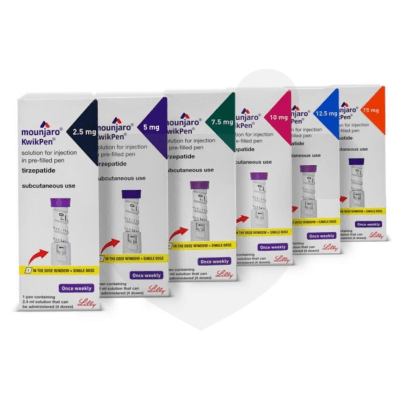
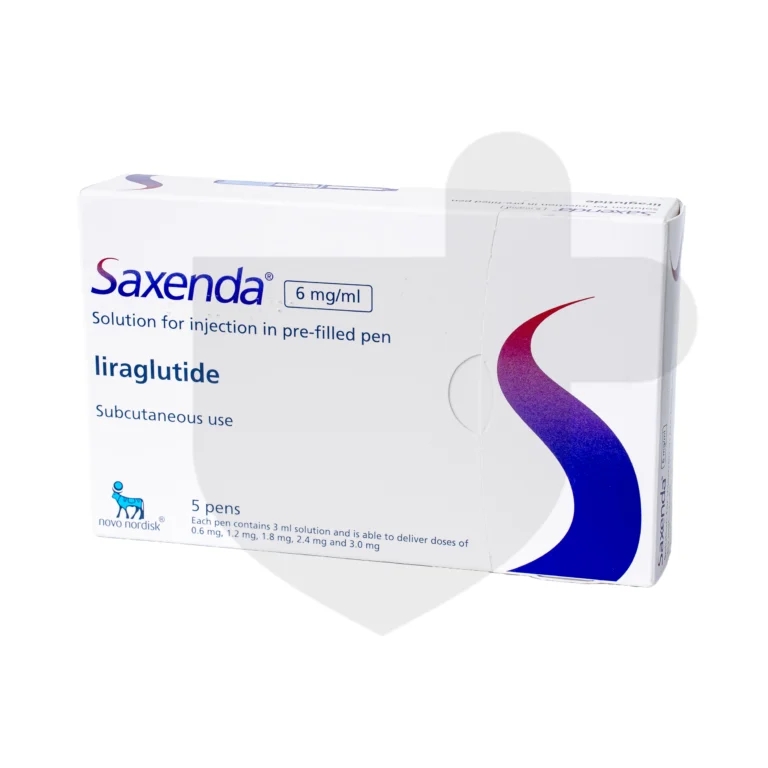
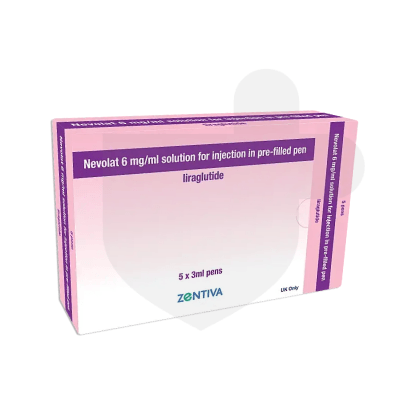
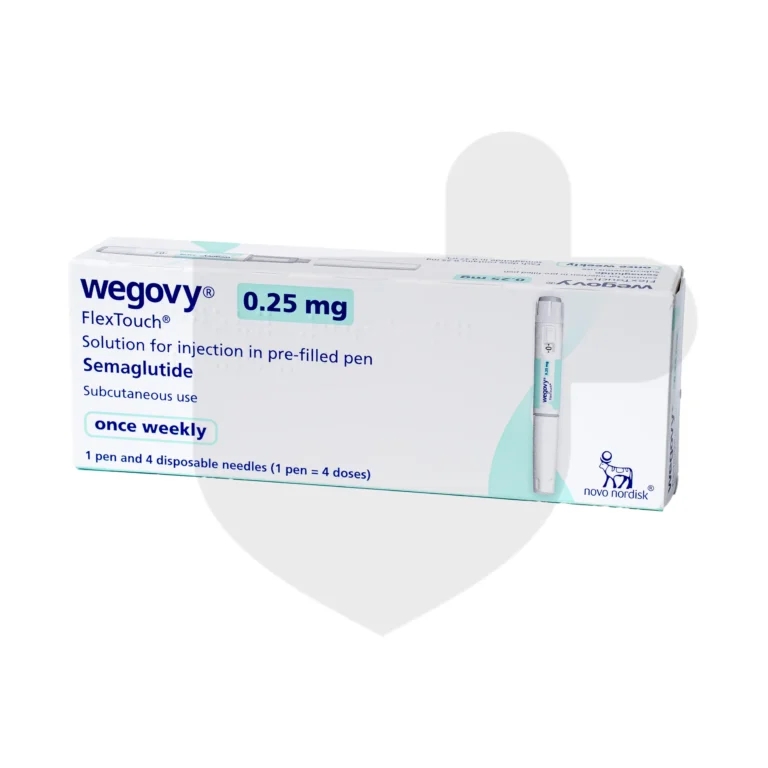


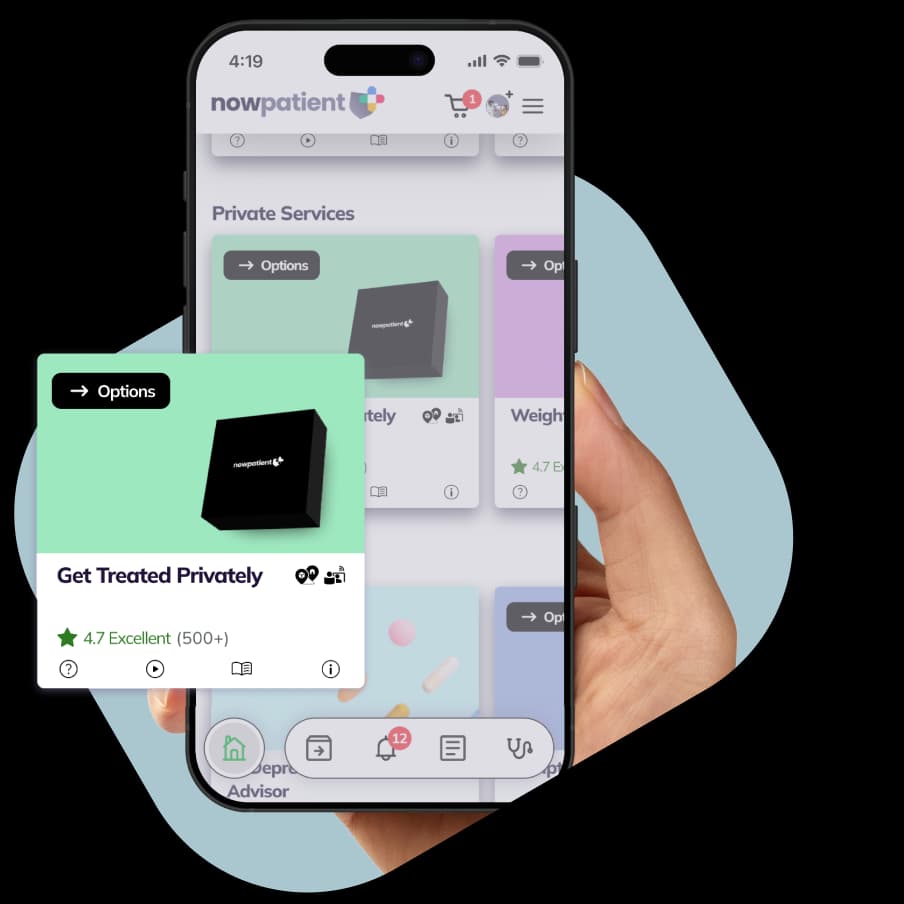

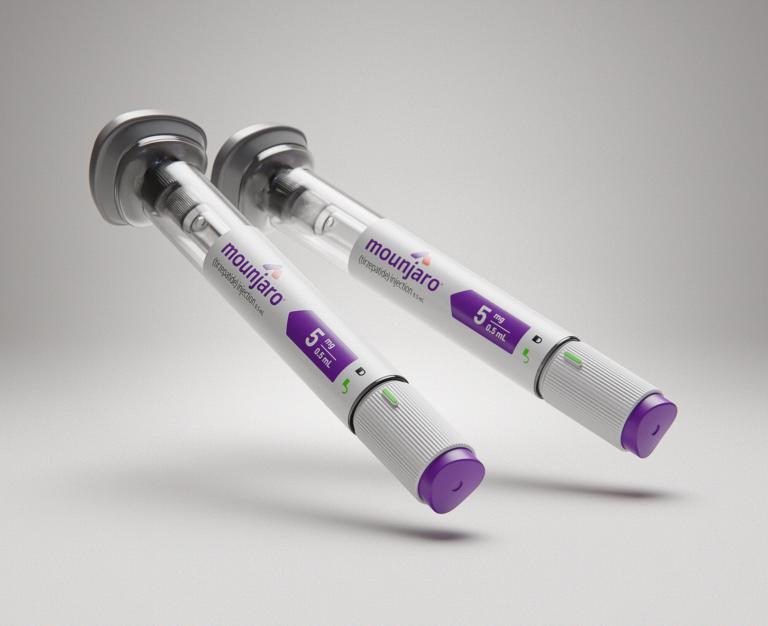

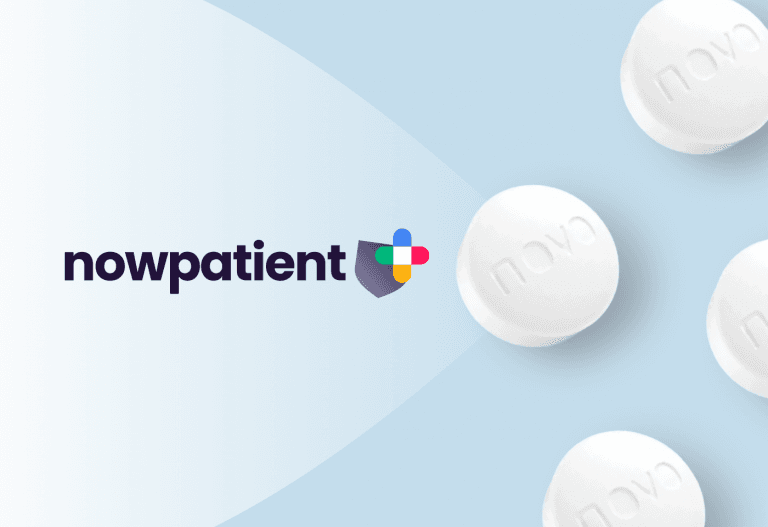







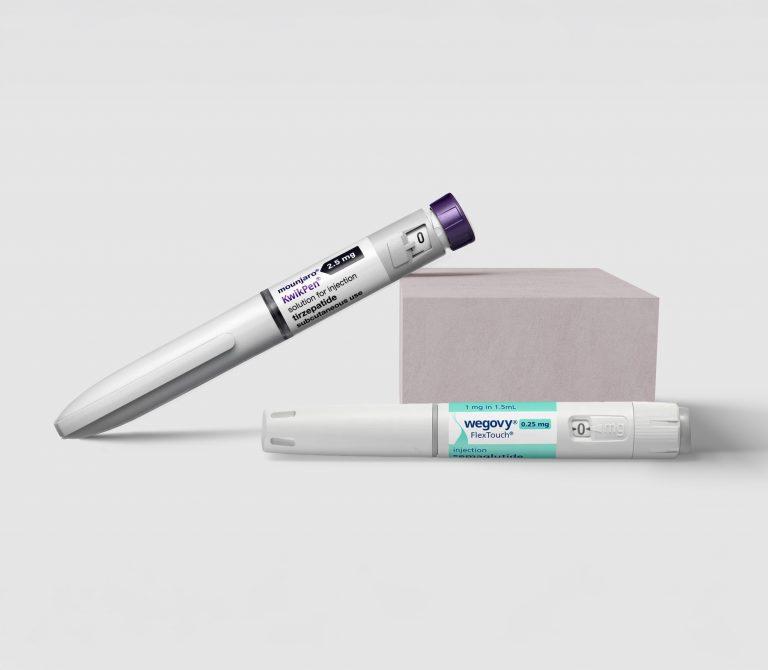



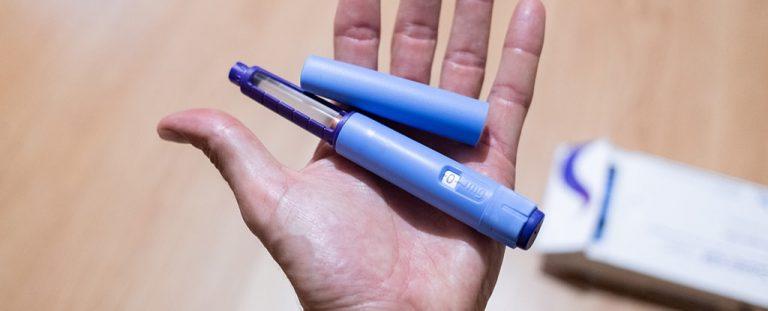


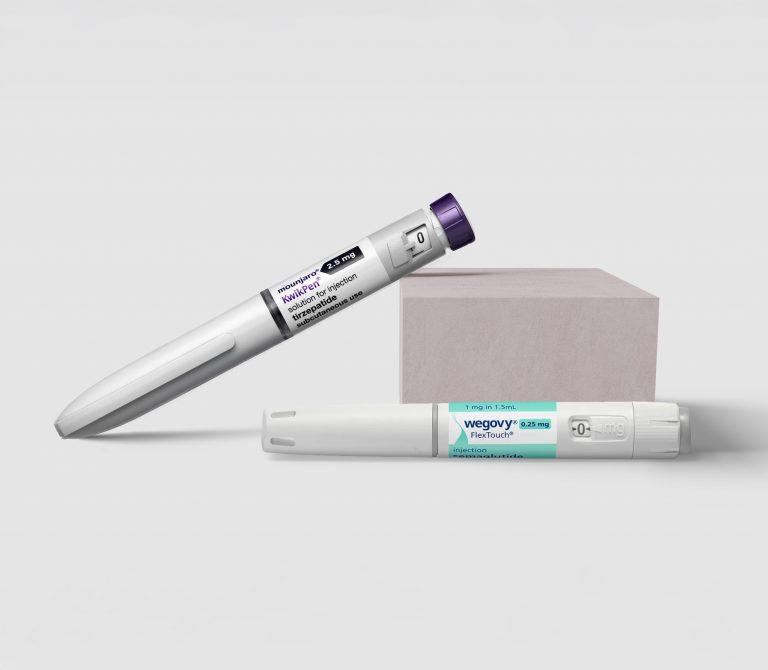





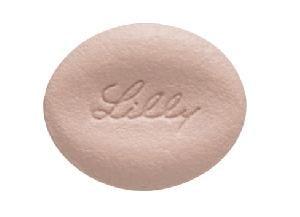

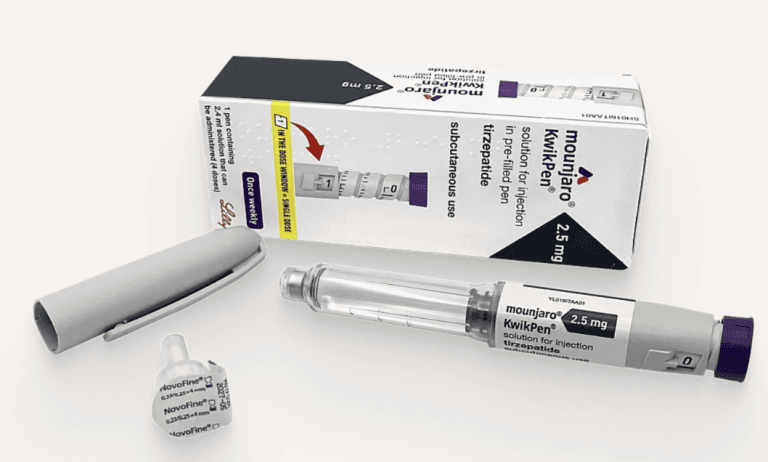

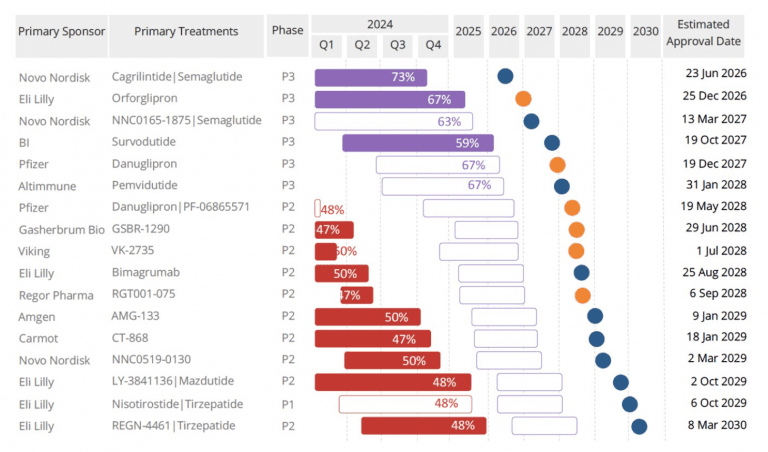







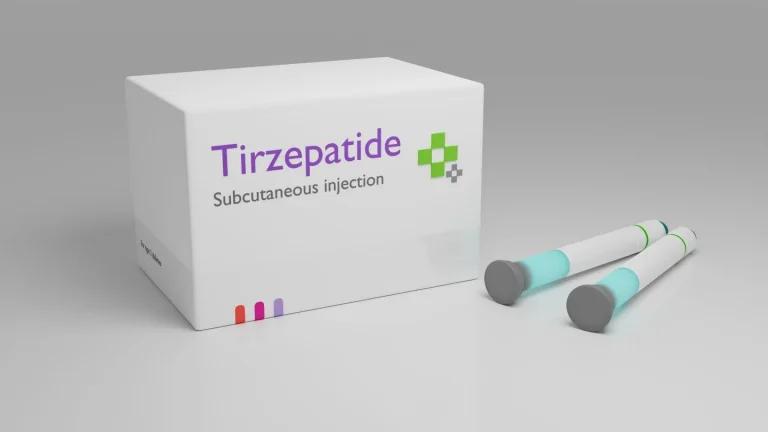


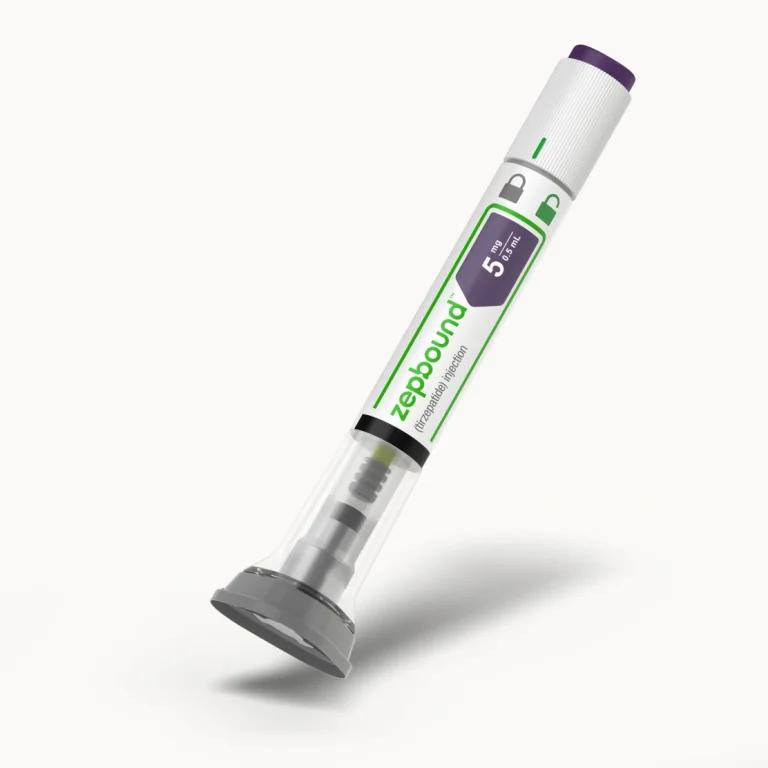







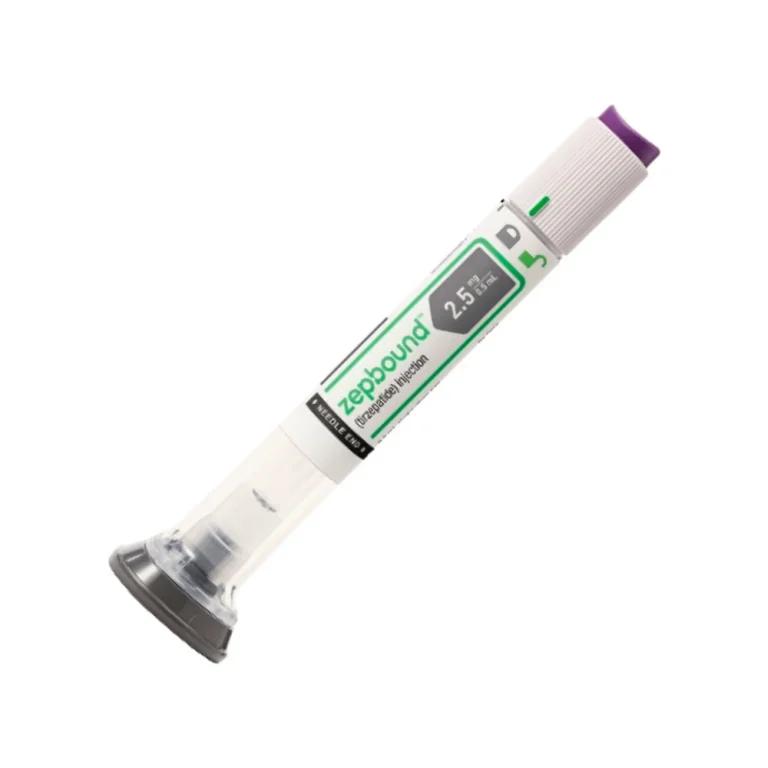








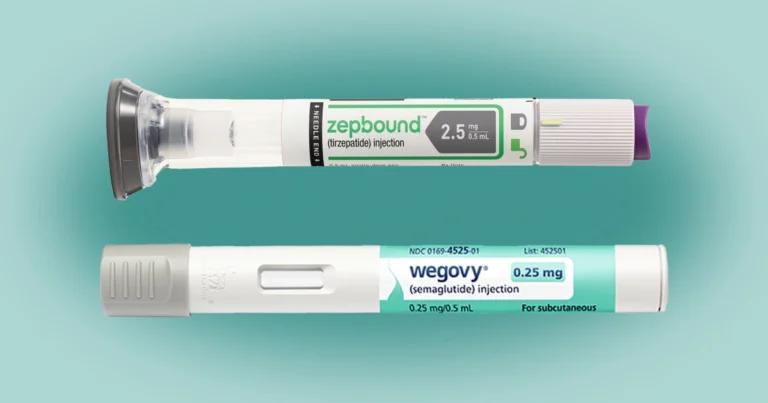











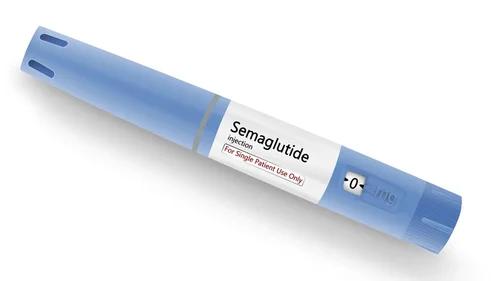
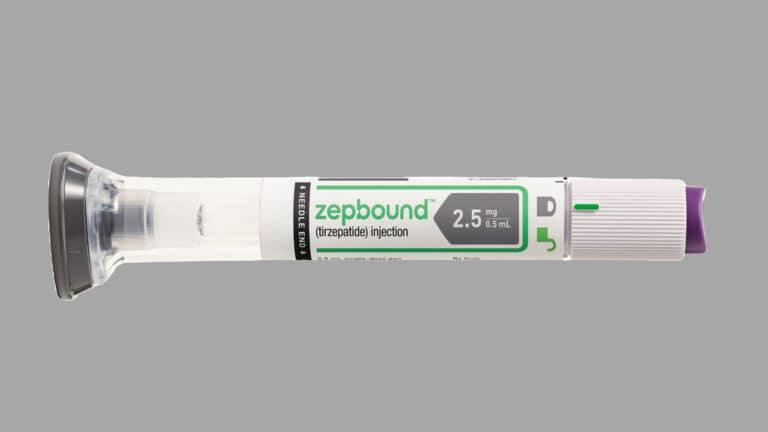
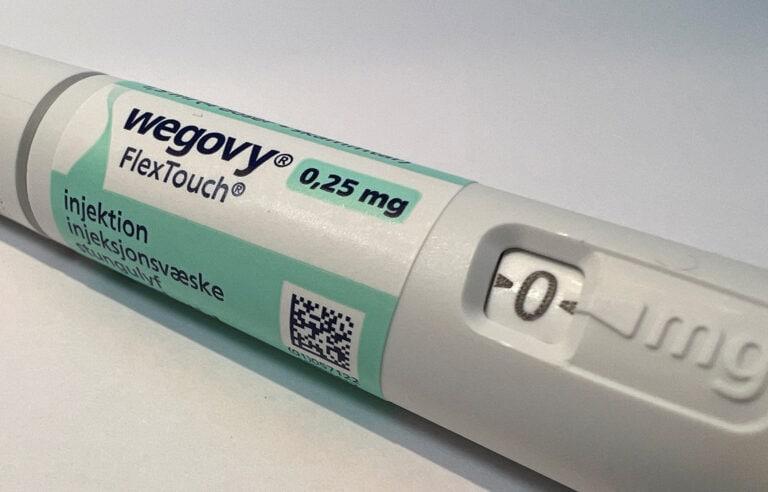
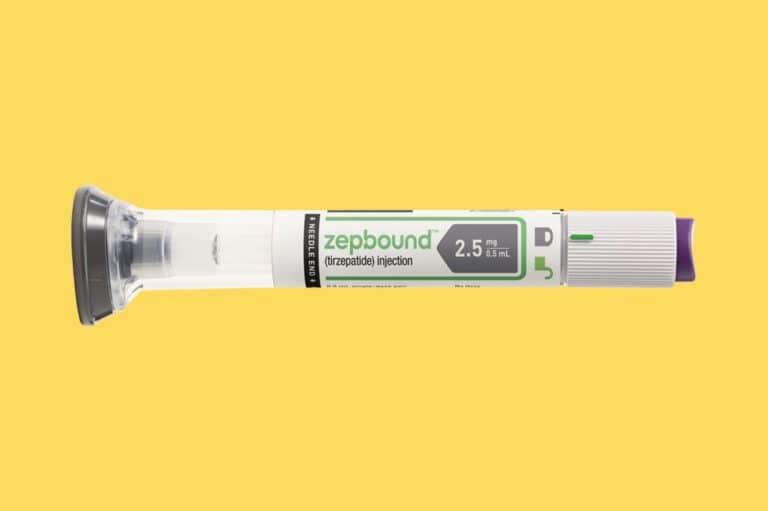
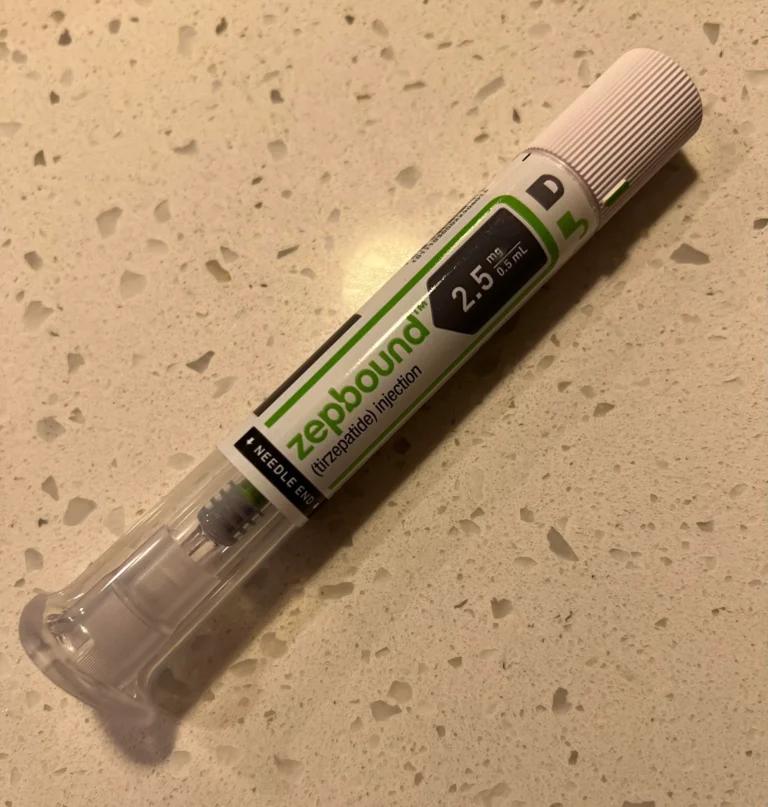

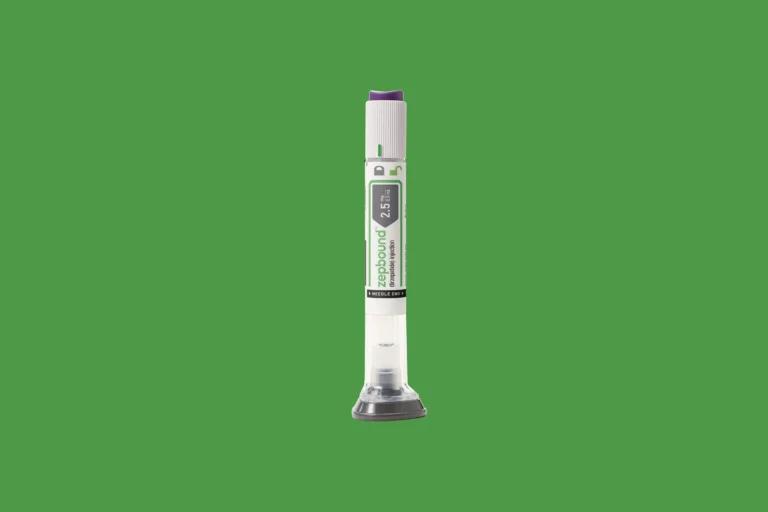
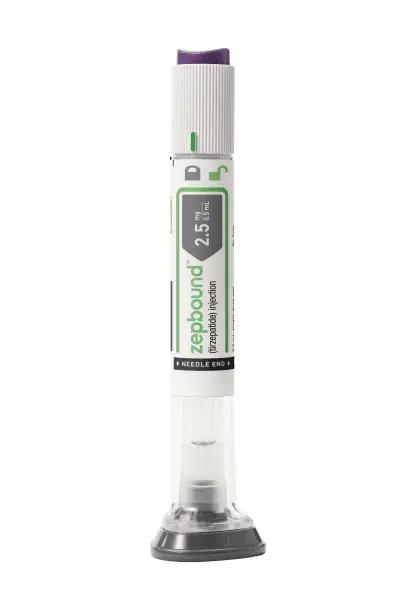




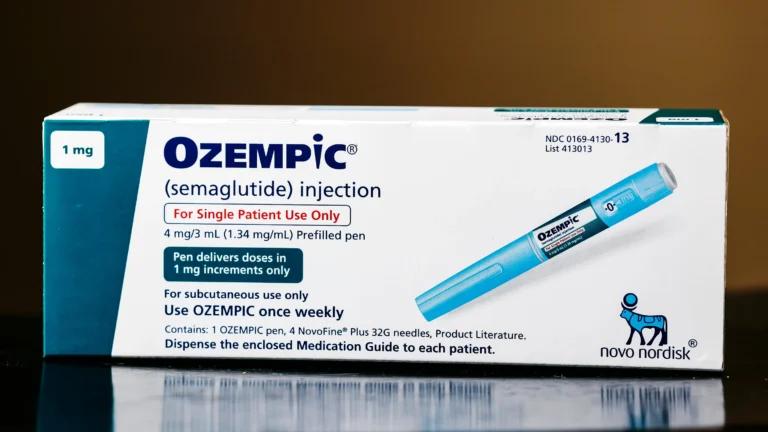
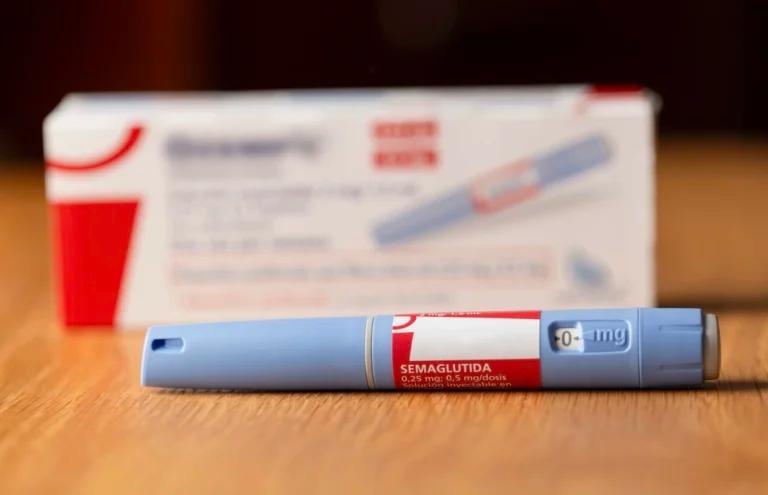
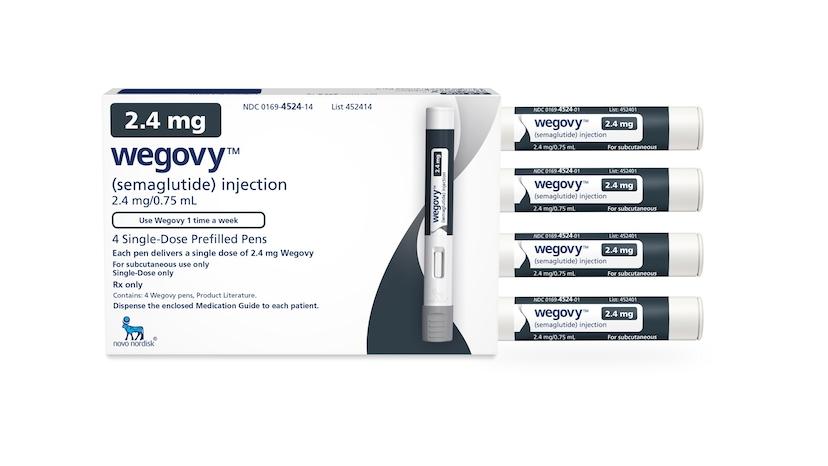






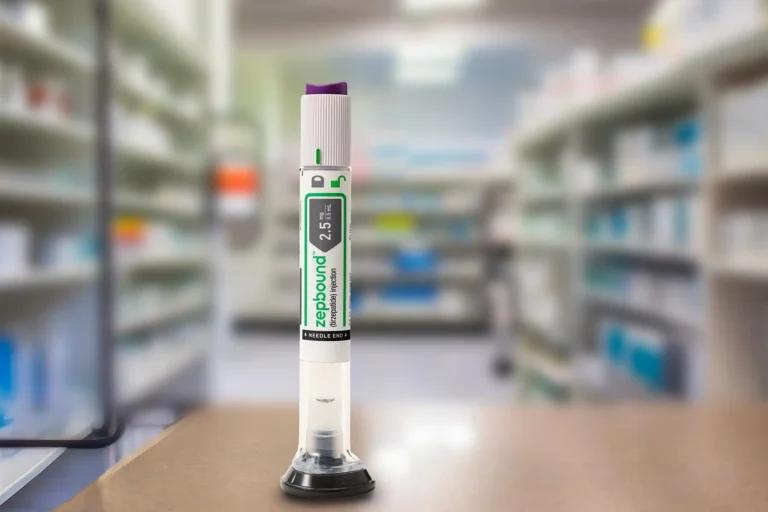
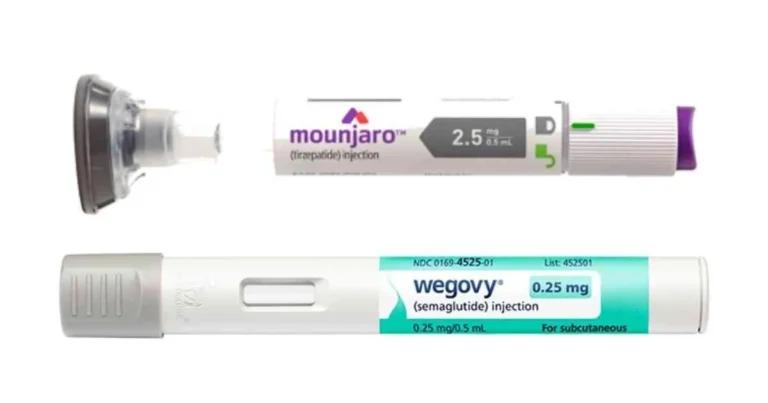

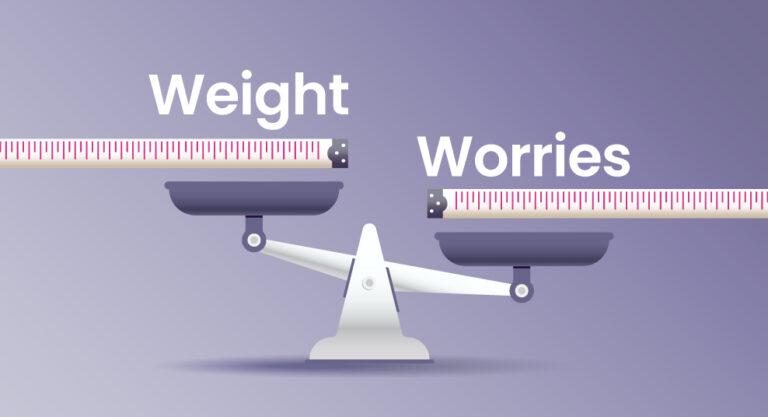




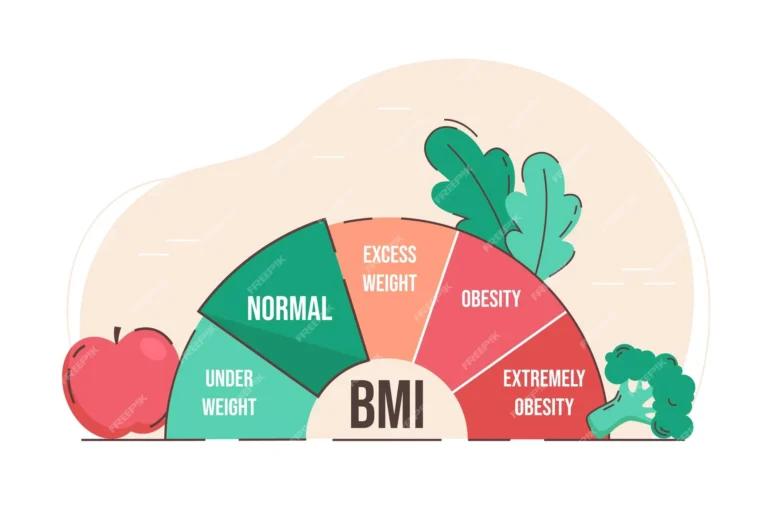
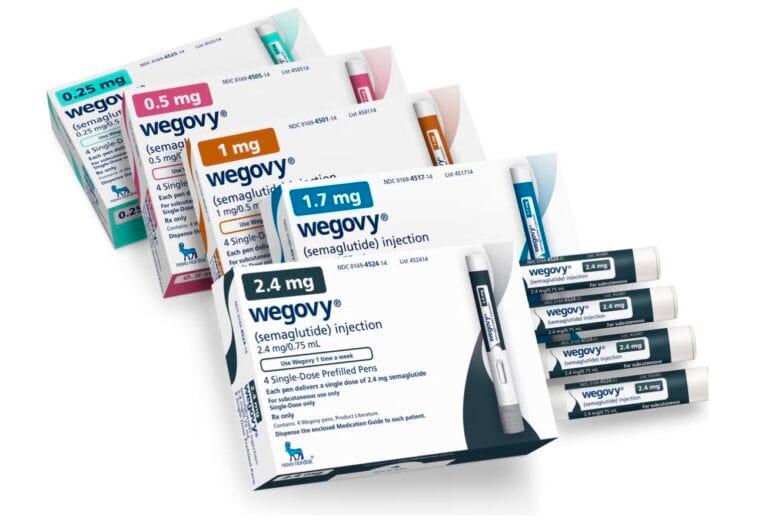
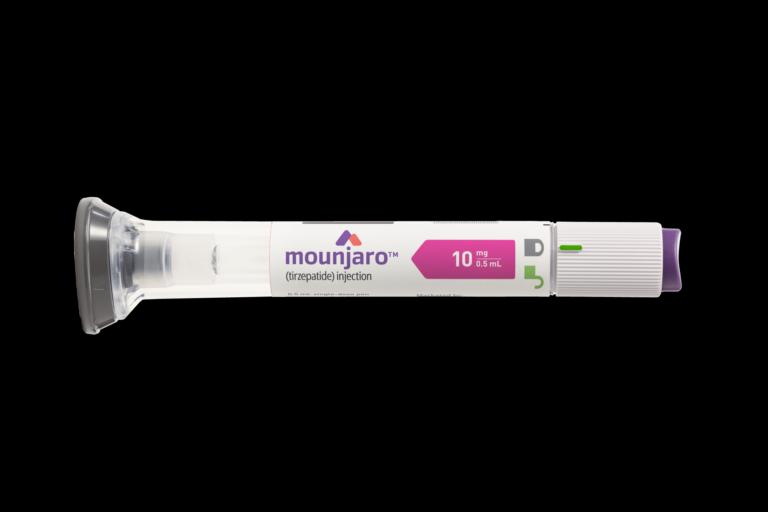
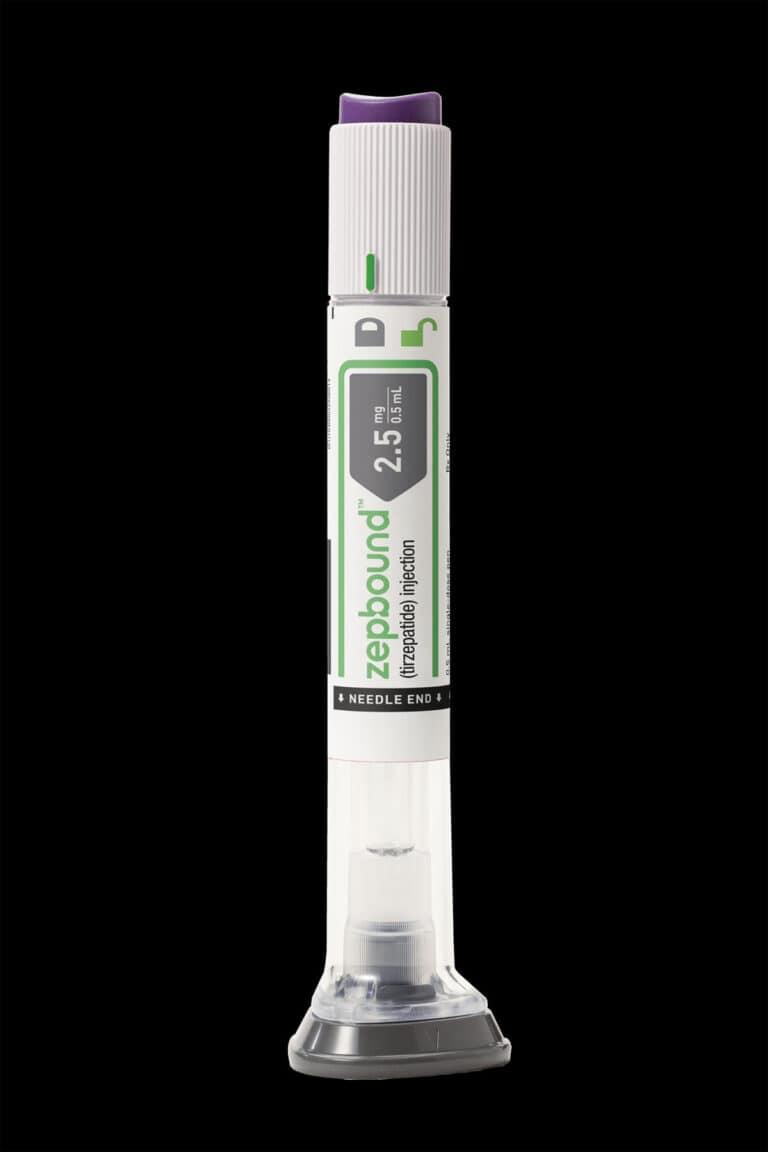
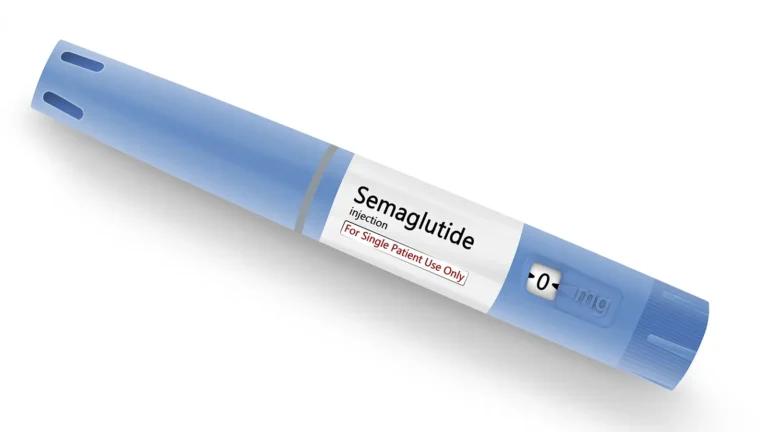
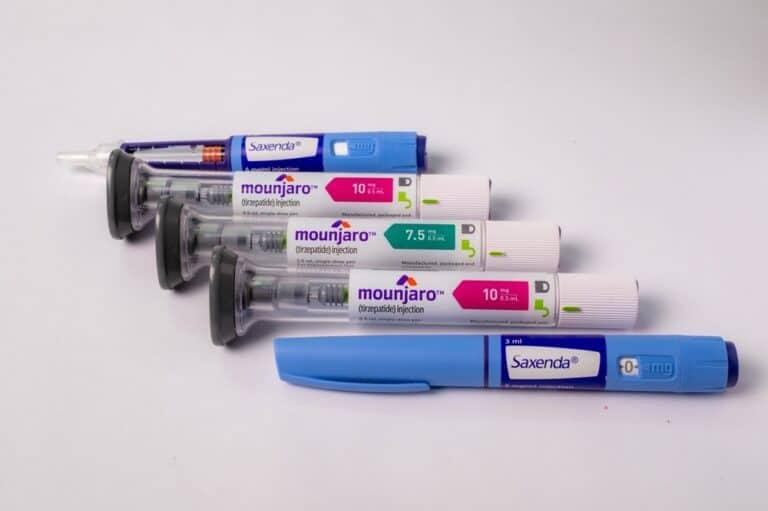
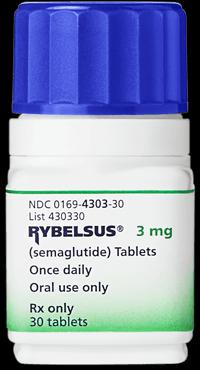

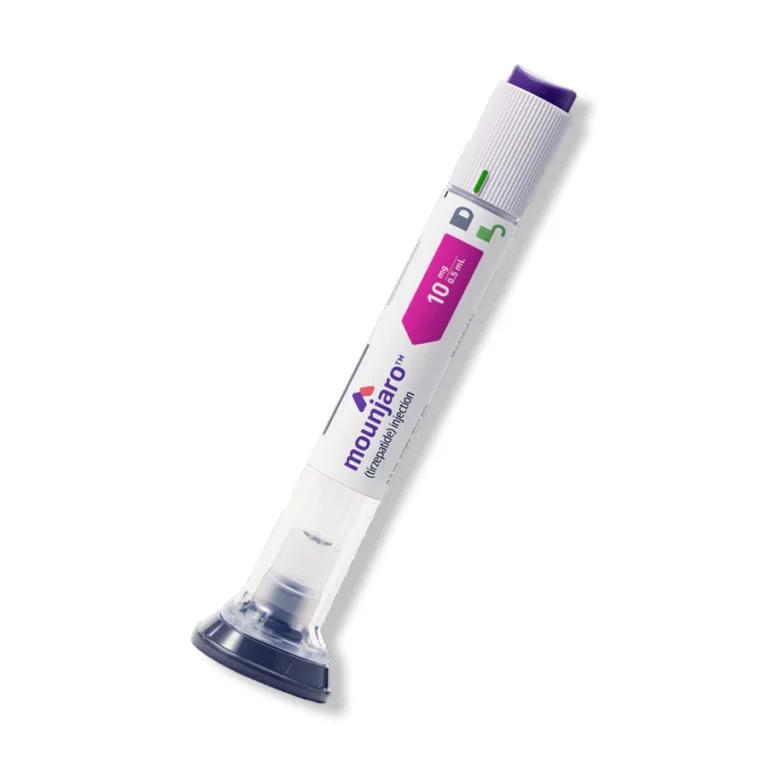

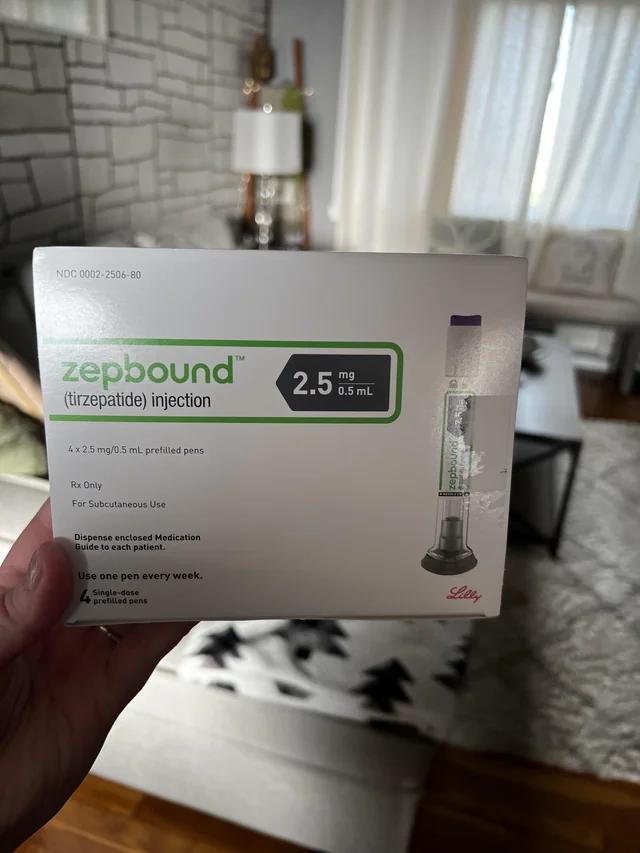

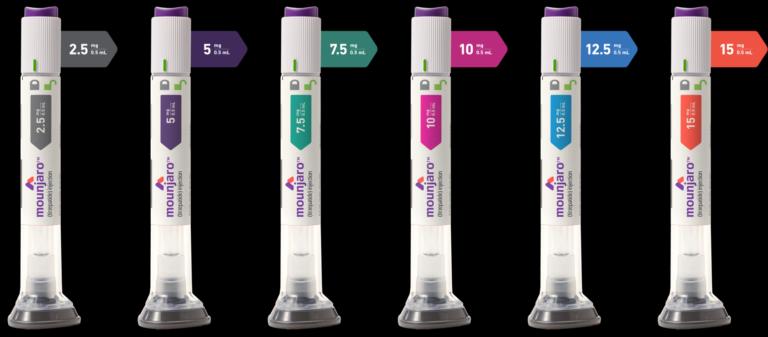
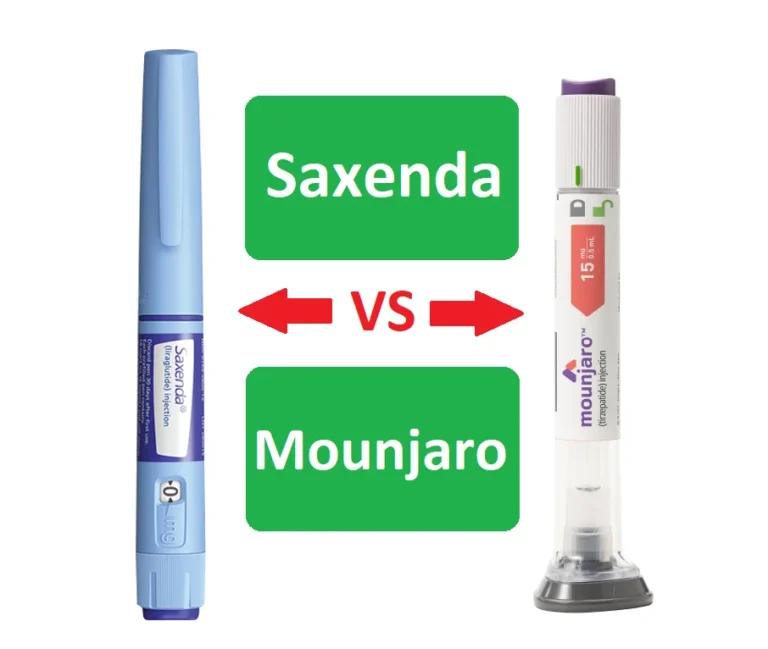


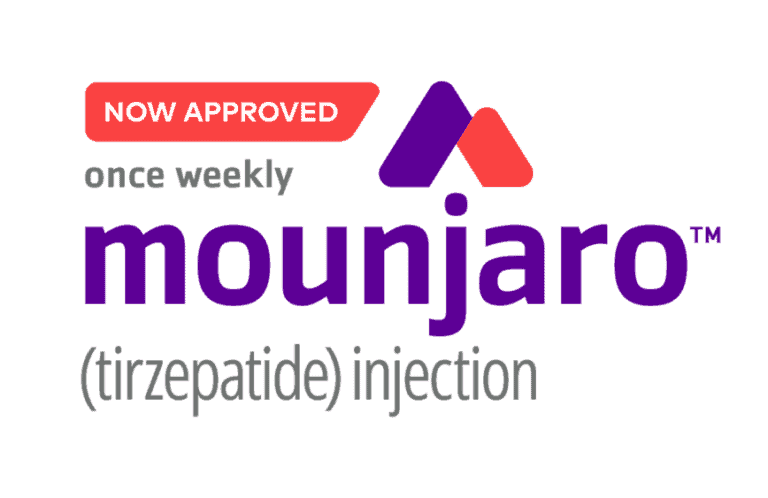










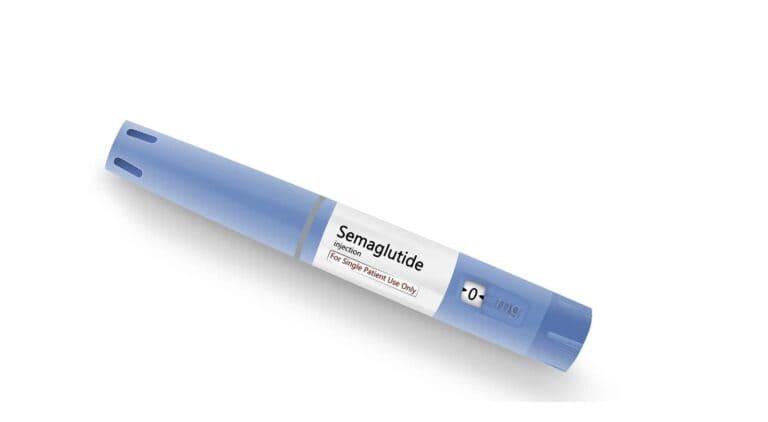

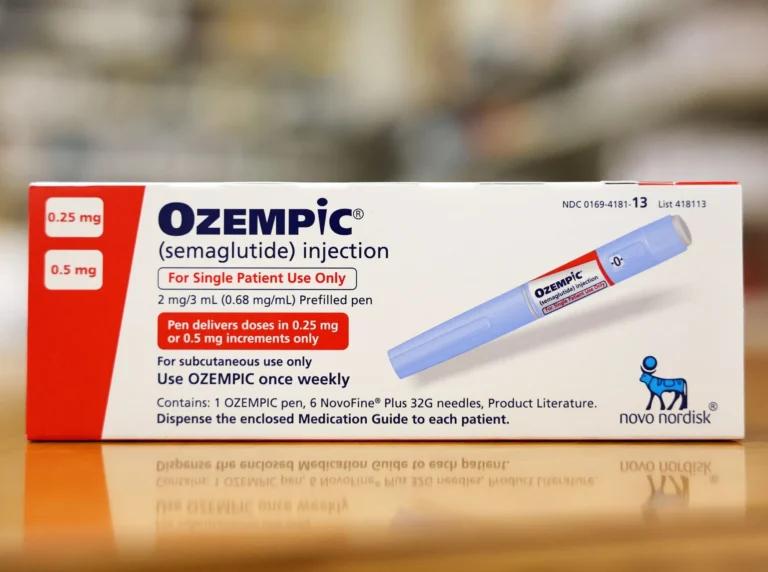

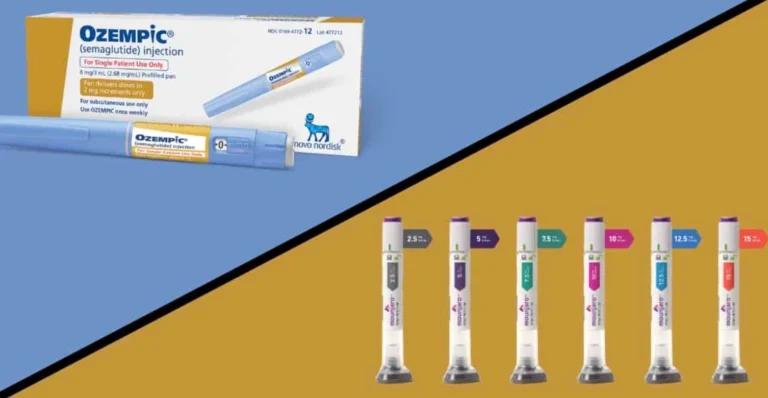
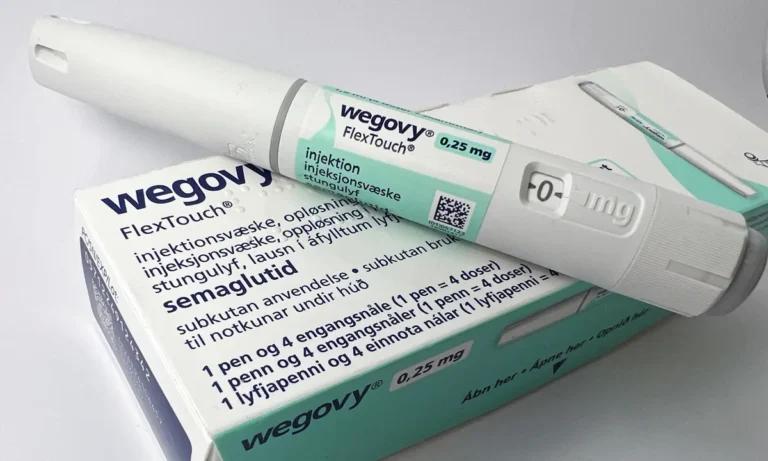
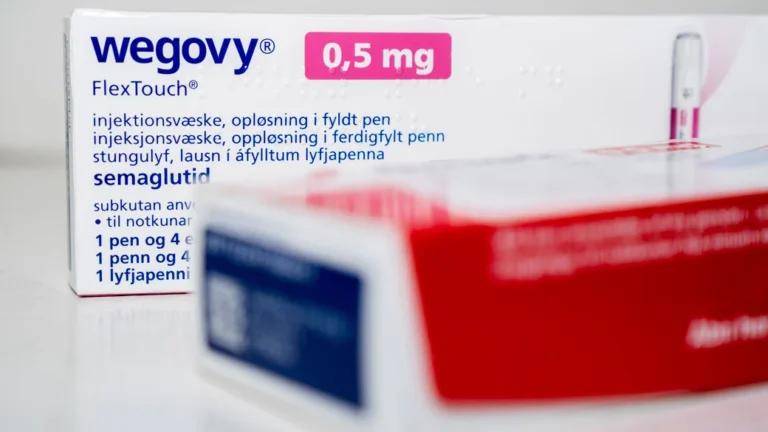
![An injection syringe on a white background. [Injection Semaglutide]](/_next/image?url=https%3A%2F%2Fnpcms.nowpatient.com%2Fwp-content%2Fuploads%2F2023%2F09%2FOral-Semaglutide-Vs.-Injection-Semaglutide-768x512.webp&w=3840&q=75)







